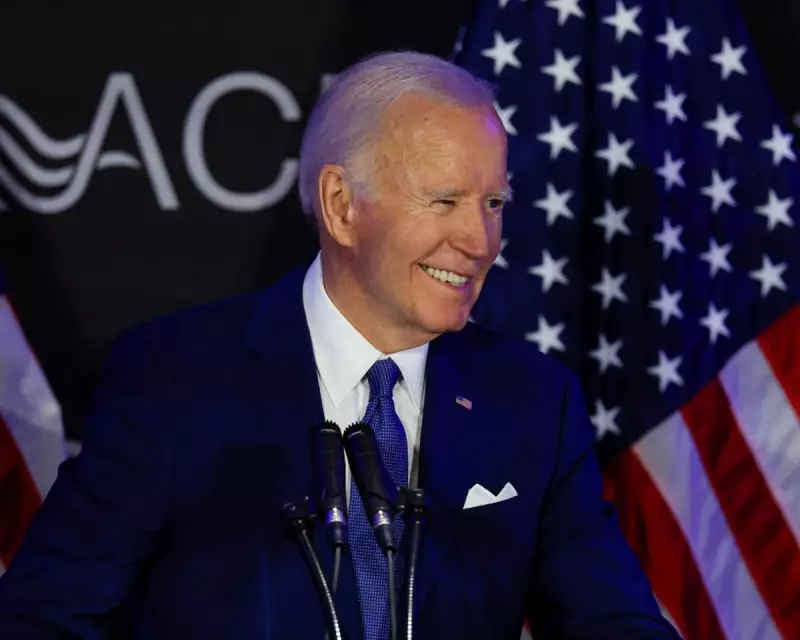
President Joe Biden has publicly confirmed he is receiving radiation treatment for prostate cancer, offering a rare glimpse into the health challenges facing world leaders while in office.
A Presidential Health Disclosure
The 82-year-old commander-in-chief revealed that he began radiation therapy earlier this month, with his medical team recommending an aggressive approach to combat the disease. Despite the demanding treatment schedule, President Biden insists he remains fully capable of executing his presidential responsibilities without interruption.
Treatment Timeline and Medical Strategy
According to White House physicians, the President's cancer was detected during routine screening, catching the disease at an early, treatable stage. His radiation regimen involves targeted sessions designed to eliminate cancerous cells while minimising impact on surrounding healthy tissue.
Key aspects of his treatment plan include:
- Short-duration radiation sessions scheduled around his official duties
- Advanced imaging technology to precisely target affected areas
- Minimal side effects allowing continued work capacity
- Regular monitoring by a team of oncology specialists
Balancing Health and Leadership
The disclosure marks a significant moment in presidential transparency, with Biden choosing to share his personal health battle rather than conceal it. This approach contrasts with historical precedents where leaders often kept medical conditions private.
"The American people deserve to know the health status of their president," Biden stated during a brief press availability. "I'm feeling strong, the prognosis is excellent, and I'm not slowing down."
Prostate Cancer: A Common Challenge
Medical experts note that prostate cancer affects approximately one in eight men during their lifetime, making Biden's diagnosis anything but unusual for his demographic. The President's openness about his condition could potentially encourage other men to prioritise regular screenings and early detection.
What This Means for the Administration
White House officials have implemented contingency plans to ensure seamless governance during treatment periods, though they emphasise that no significant schedule changes have been necessary. The President continues to preside over national security briefings, legislative negotiations, and international diplomacy.
As Biden navigates this personal health journey alongside his presidential duties, his experience serves as both a medical case study and a testament to modern cancer treatment capabilities that allow patients to maintain active lifestyles during therapy.





